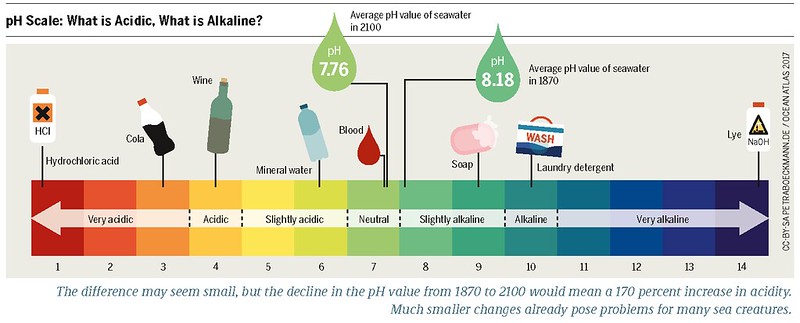The pH of tap water in San Jose, USA, typically falls within a range of 7.2 to 8.5, making it slightly alkaline. This is due to the geology of the Santa Clara Valley, which contains limestone and other minerals that dissolve into the water supply, raising the pH level.
Understanding the pH of San Jose’s Tap Water
The pH scale ranges from 0 to 14, with 7 being neutral. Anything below 7 is considered acidic, while anything above 7 is alkaline. The pH of San Jose’s tap water is on the higher end of the scale, indicating a more alkaline composition.
This alkaline pH is a result of the natural minerals present in the water supply. The Santa Clara Valley, where San Jose is located, is known for its limestone and other mineral-rich geology. As the water travels through the pipes and distribution system, it picks up these dissolved minerals, which raise the overall pH level.
Potential Impacts of Alkaline Tap Water
While the pH of San Jose’s tap water is generally within a safe range for human consumption, it can have some impacts on certain applications:
-
Gardening: Alkaline water can affect the pH of soil, making it less suitable for plants that prefer acidic conditions. Gardeners may need to use acidic amendments, such as vinegar or citric acid, to lower the pH of the soil.
-
Aquariums: Aquatic life, such as fish and plants, often thrive in slightly acidic water. The alkaline pH of San Jose’s tap water may not be ideal for maintaining a healthy aquarium ecosystem, and aquarium owners may need to use pH-lowering products.
-
Appliances: The high mineral content in alkaline water can lead to the buildup of scale in appliances like coffee makers, dishwashers, and washing machines. This can reduce the efficiency and lifespan of these appliances.
Addressing Alkaline Tap Water
For those who prefer a more acidic pH for specific uses, there are several home remedies and treatment options available:
-
Vinegar Solution: Adding a small amount of white vinegar to the water can temporarily lower the pH level. This can be useful for gardening or aquarium applications, but the effect is short-lived as the natural minerals in the water will continue to raise the pH over time.
-
Water Filters: Certain types of water filters, such as reverse osmosis or ion exchange systems, can effectively remove minerals and lower the pH of the water. These filters are designed to target specific contaminants and can be a more long-term solution for addressing the alkaline pH.
-
pH Adjustment Chemicals: There are commercial products available that can be added to the water to lower the pH, such as phosphoric acid or sulfuric acid. These should be used with caution and according to the manufacturer’s instructions.
Monitoring and Testing
It’s important to regularly monitor the pH of your tap water, especially if you are using it for specific applications like gardening or aquariums. You can use a simple pH test kit or meter to check the pH level and make adjustments as needed.
If you have concerns about the quality of your tap water, including the pH level, it’s recommended to contact your local water utility or a certified water testing laboratory for a comprehensive analysis. This can help you identify any potential issues and determine the best course of action to address them.
Conclusion
The pH of tap water in San Jose, USA, typically falls within a range of 7.2 to 8.5, making it slightly alkaline. This is due to the natural minerals present in the local water supply. While the pH is generally within a safe range for human consumption, it can impact certain applications, such as gardening and aquarium maintenance.
For those who prefer a more acidic pH, there are various home remedies and treatment options available, including the use of vinegar solutions, water filters, and pH adjustment chemicals. Regular monitoring and testing of the tap water can help ensure that it meets the specific needs of its intended use.
By understanding the pH of San Jose’s tap water and the available solutions, residents can make informed decisions about their water usage and take appropriate measures to address any pH-related concerns.
References:
– Problems We Found In San José , California Drinking Water – Hydroviv
– Water Quality | City of San José
– Annual Water Quality Report 2022 – San Jose Water

